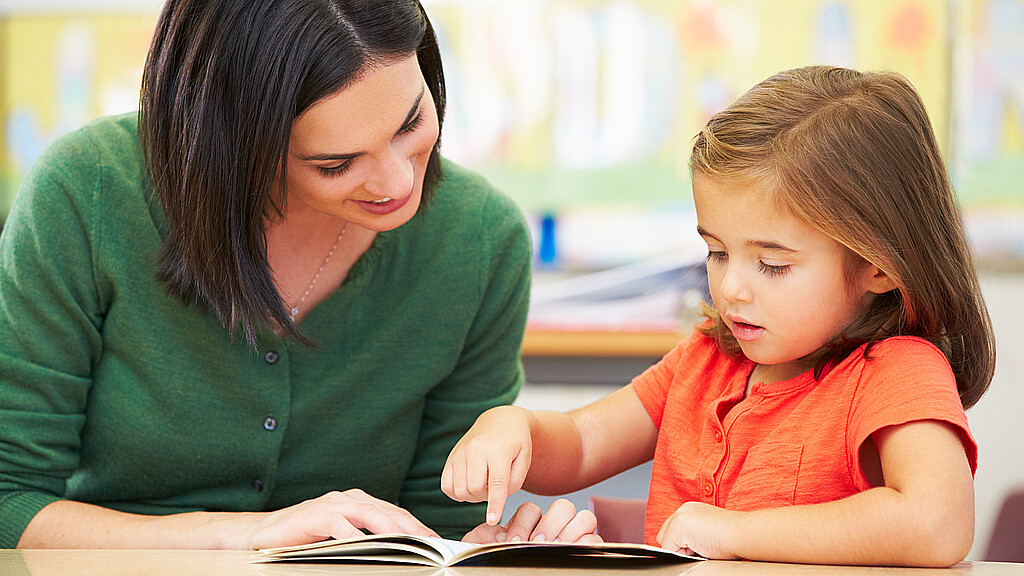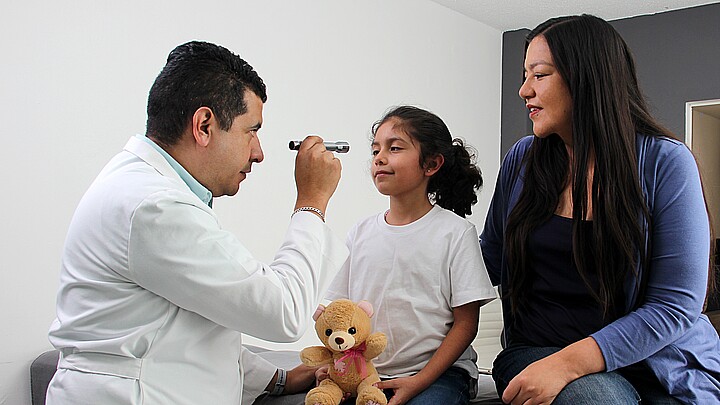Health
Kids who read for pleasure score better on cognitive tests as adolescents, show fewer behavioral problems
The journal’s results were based on a pool of 10,243 children, clinical assessments, brain scans, test results and information from caregivers, teachers and parents

November 13, 2023 2:56pm
Updated: November 13, 2023 2:56pm
Children who read for 12 hours a week feel happier and do better on cognitive tests when they grow into are adolescence than those who do not, according to the journal of Psychological Medicine.
The journal’s results were based on a pool of 10,243 children, clinical assessments, brain scans, test results and information from caregivers, teachers and parents.
The participants were split evenly into early reader groups who read regularly for 3 to 10 years and another group of children whose reading habit started later from zero to 2 years.
Researchers determined adolescents who had started routinely reading for pleasure before age nine had fewer mental challenges and superior cognitive performance.
Researchers found that the early readers had superior academic achievement and speech development and a better memory.
They also exhibited less depression and fewer behavioral problems, and acted less aggressive or impulsive. Readers also tended to follow rules more.
Children who began reading at early ages and read for their own fulfillment for 6 to 10 years also spent less time iPads and tablets, and slept more hours.
The authors of the study wrote that “these findings, for the first time, revealed the important relationships of early [reading for pleasure] with subsequent brain and cognitive development and mental well-being.”
A recent article published on the issue in The Washington Post suggests that reading aloud to children, reading together and letting the child choose a book they will find interesting enhances their interest.
These facts were true even if it meant re-reading the same book, a favorite the child enjoys, repeatedly, according to the American Academy of Pediatrics.










